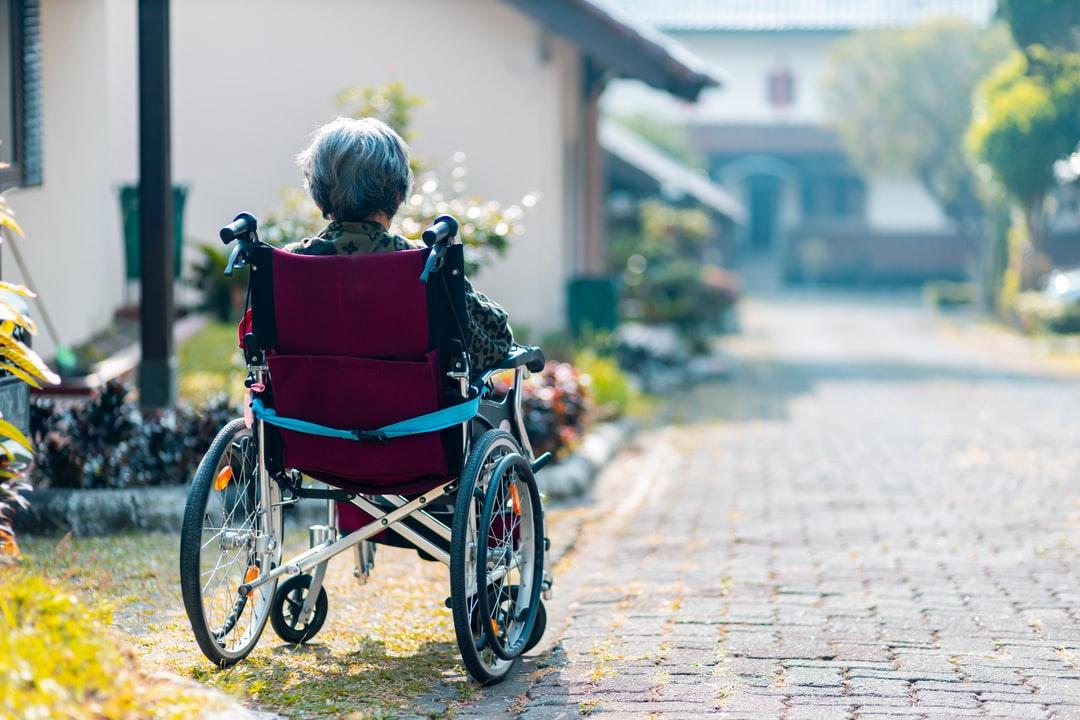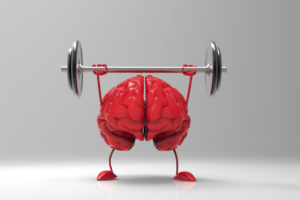What Causes Brain Diseases Like Alzheimer’s?
The brain controls the body, regulating movement, memory, thoughts, and speech. It also controls the function of numerous organs of the body. A healthy brain works quickly and automatically, but when the brain develops a health problem, the results can be disturbing. Any damage to the brain can profoundly impact your ability to communicate effectively, manage daily affairs, and live independently.
There are many different forms of brain disease with many different causes, and the causes of most of these brain diseases, such as Alzheimer’s disease, are unknown. Today, we’ll look at what causes Alzheimer’s.
Causes of Alzheimer’s Disease

Alzheimer’s disease affects the brain, with symptoms including memory loss, erratic behavior, and language problems. The exact causes of this disease are not completely understood, but essentially, this occurs when the proteins in the brain can no longer function properly, disrupting the work of the brain cells and triggering a series of lethal events. The damaged neurons lose connections between themselves and eventually die.
Alzheimer’s disease is believed to be caused by a combination of genetic, environmental, and lifestyle factors that affect the brain over the years. The condition is often caused by certain genetic changes that basically show an individual will likely develop Alzheimer’s disease. These unusual occurrences usually result in early-onset Alzheimer’s disease. While there is no cure for Alzheimer’s, treatment can still help. Treatment depends on the condition but can include medication, physical therapy, lifestyle changes, gene therapy, and surgery.
Certain brain health supplements have also been known to help treat and prevent Alzheimer’s, as they offer cognitive support to keep the rest of your wellness in check. For instance, vitamin E as an antioxidant protects the cells from damage. A daily supplement of the vitamin can help people who already have Alzheimer’s slow the rate of decline. Other important brain health supplements include omega-3 fatty acids, B vitamins, and Ginkgo biloba.
The Brain and Alzheimer’s Disease

When an individual develops Alzheimer’s, their brain changes and has fewer healthy cells, and it becomes worse over time. The brain cells often form two types of flaws: neurofibrillary tangles and beta-amyloid plaques. The tangles and plaques damage the healthy brain cells around them.
These damaged cells die, and it makes the brain shrink. The changes in the brain cause the symptoms of Alzheimer’s like memory loss, confusion, and speech problems. The brain cells affected by Alzheimer’s also produce lower amounts of neurotransmitters used by nerves to send messages to each other. Scientists still don’t know if the changes in brain cells cause Alzheimer’s or occur because of it.
Aging and Alzheimer’s Risk

While older age is not a known cause of Alzheimer’s, it is the most important risk factor. About 5.8 million people aged 65 and older live with the disease, and 80 percent of these people are over the age of 75. Research is still ongoing on how age-related changes in the brain may harm cells and impact other types of brain neurons to contribute to Alzheimer’s.
These age-related changes include vascular damage, inflammation, breakdown of energy production with brain cells, shrinking brain parts, and production of free radicals. Keep in mind that age is only one risk factor for Alzheimer’s disease. Many seniors live into their 90s without ever developing Alzheimer’s.
Genetics and Alzheimer’s Disease
Having a family history of Alzheimer’s doesn’t mean you’ll certainly have it. However, your genes can affect how likely you are to develop the disease, and differences in genes are why some diseases run in families. The two types of Alzheimer’s (early-onset and late-onset) have a genetic component.
Although there is no cure for Alzheimer’s disease, that does not mean there is no hope. Research is being conducted every day, and progress is being made all the time. If you or a loved one has been diagnosed with Alzheimer’s disease, work with your doctor and support group to get the care and attention you need.



































No comments